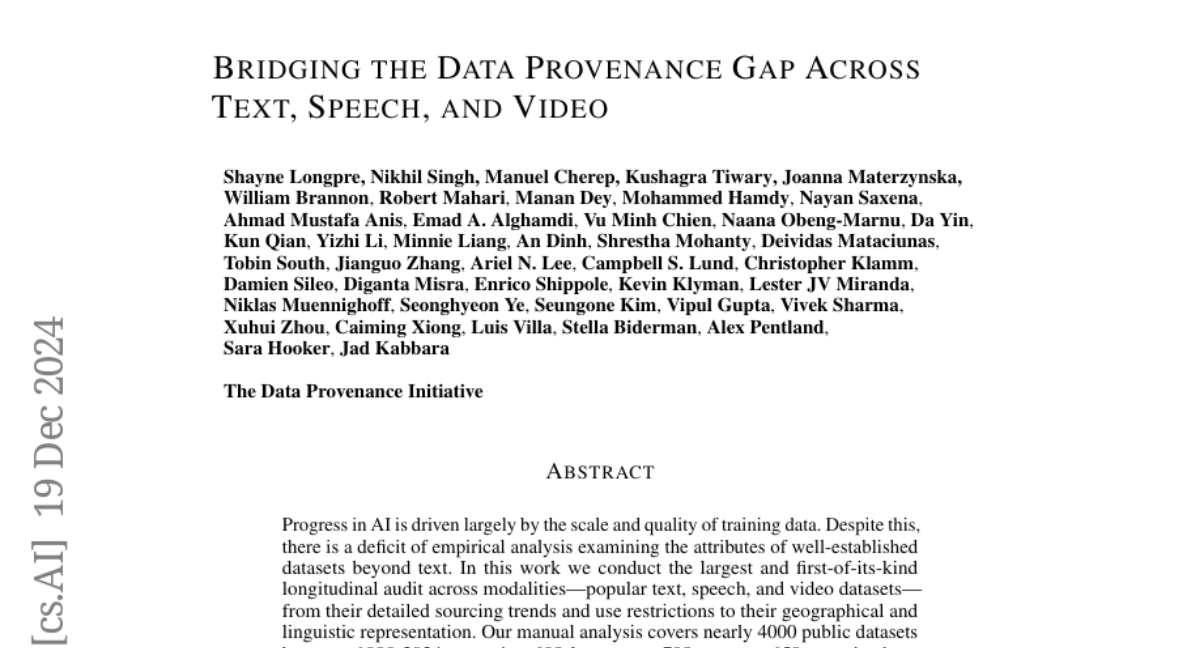Post
3051
The new DeepSeek Engram paper is super fun! It also integrates mHC, and I suspect they're probably releasing all these papers to make the V4 report of reasonable length😄
Here's a nice short summary from Gemini
Here's a nice short summary from Gemini



